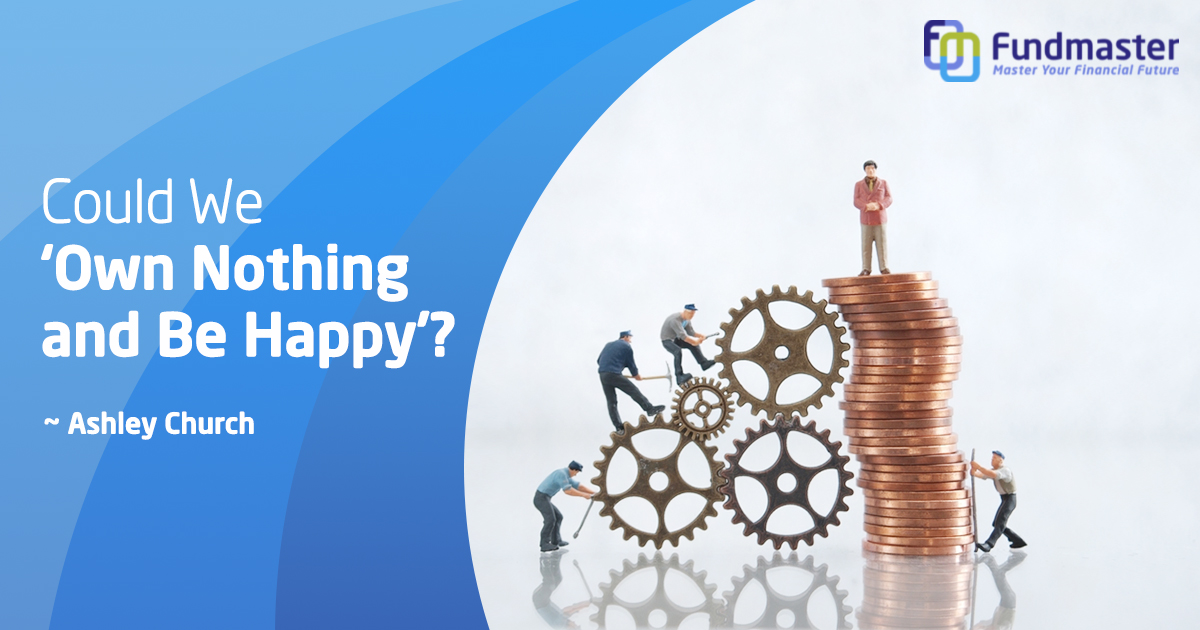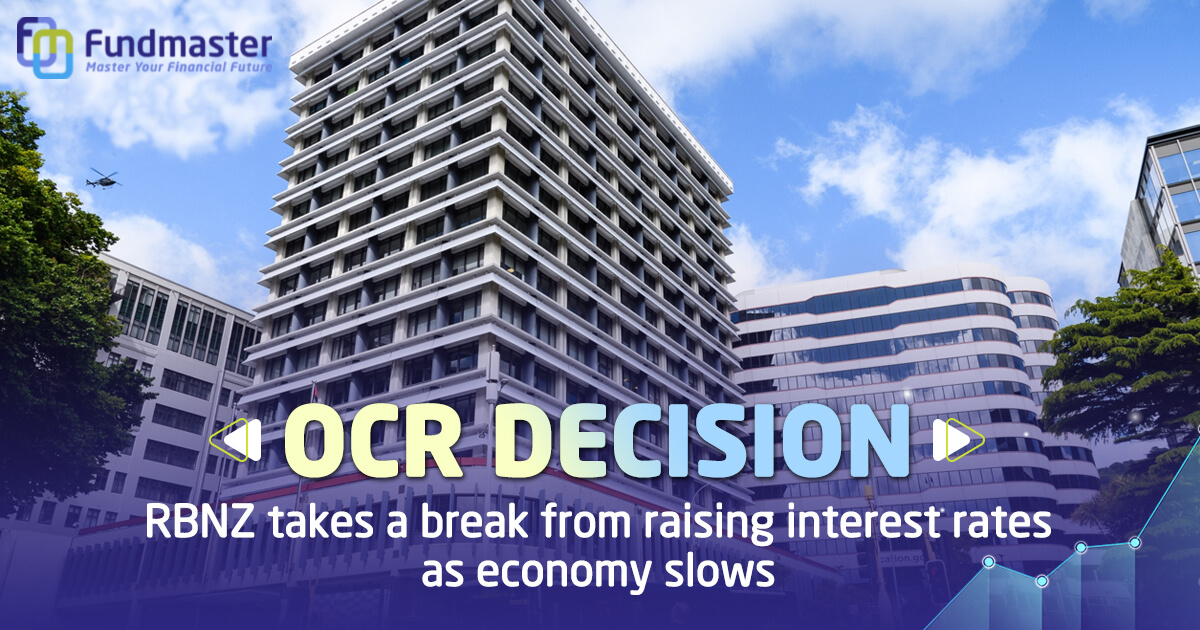An old saying, attributed to Winston Churchill, states that “capitalism is the worst economic system, except for all the others”. What Churchill actually said, in a speech to the British House of Commons on 11 November 1947, is that “democracy is the worst form of government, except for all those others that have been tried” – but the former version has stuck and is often quoted as an indisputable fact.
But is it?
For over 150 years, New Zealand has operated as a ‘Capitalist’ society – one in which the means of production is privately owned and where there is an assumption that this production will be undertaken in the expectation of making a profit. Implicit in this are an expectation of competition, the voluntary exchange of labour for wages and salaries, and the ownership of private property along with an expectation of rights associated with that ownership.
All of this is done in the belief that this is the most efficient way to provide for the needs of the greatest number of people – but is that still true?
In 2016, Danish politician Ida Auken wrote eight predictions – with one, in particular, claiming that by 2030 we would “own nothing and be happy”. She went on to state that what we want, we’ll rent – and that it’ll be delivered by drone.
The quote has gone on to be misattributed to another author and has become the anti-mantra for those who see, in it, attempts to dismantle capitalism and plunge us into a socialist dystopia in which no one actually owns anything.
As is often the case, the truth is somewhere between the extremes. In fact, New Zealand has been a hybrid ‘socialist’ society for almost one hundred years in that, through capitalism, we provide a support network for our most vulnerable and services that are regarded as essential to a functioning society are provided for ‘free’ to all citizens. (they’re not free, of course – the taxpayer pays for them).
But the 2016 quote raises an interesting hypothetical question – particularly in respect of the ownership of property. Would society be ‘better’ if no one owned their own home? In such a society, we would all rent from the state, there would be no such thing as ‘capital growth’, house prices wouldn’t consume us with fear, there would be no property investors, and no one would be ‘closed out of the market’ because there would be no market to be closed out of.
Could this provide a better model for a more harmonious and fairer society?
The answer is emphatically ‘no’.
Space doesn’t permit me to unpack the full extent of the many unintended and hideous consequences of such a naïve and ill-considered approach to economics – but let me outline just a few to make the general point:
- Firstly, you couldn’t buy a business. Putting aside the fact that all businesses would be owned by the State, you wouldn’t have access to equity, in your home, against which to borrow anyway. This means that you would be restricted to working for someone else, for life. Bye bye to entrepreneurship.
- The standard of the services provided by the State would be abysmal. ‘Competition’ is a feature of capitalism – so life under the former Soviet Union would be the benchmark for what to expect.
- Your ability to relocate yourself and your family would be at the whim of a State Agency to which you would have to ‘apply’ for permission to move from your existing State owned home to another State owned home.
- The quality of housing would be terrible with few differentiating features allowing you to be ‘house proud’ and the level of deferred maintenance would mean that many homes would be in an advanced state of disrepair. If you doubt this, check out the experience of nations with a high rate of state ownership of housing.
- Your ability to travel overseas, or to do anything with a significant price tag, would be limited to what you could afford through personal savings. Since you wouldn’t own your home you couldn’t borrow against equity – and, in any case, there would be no such thing as borrowing since you couldn’t ‘buy’ anything anyway.
The ideal of State ownership of all housing might sound superficially appealing, but the reality of it would be horrifying and would quickly result in the rapid decline of our society.
As is the case with many things in life, we should be careful what we wish for.
DISCLAIMER: The opinions expressed in this article are the author’s and shouldn’t be taken as financial advice, or a recommendation of any financial product.















0 Comments